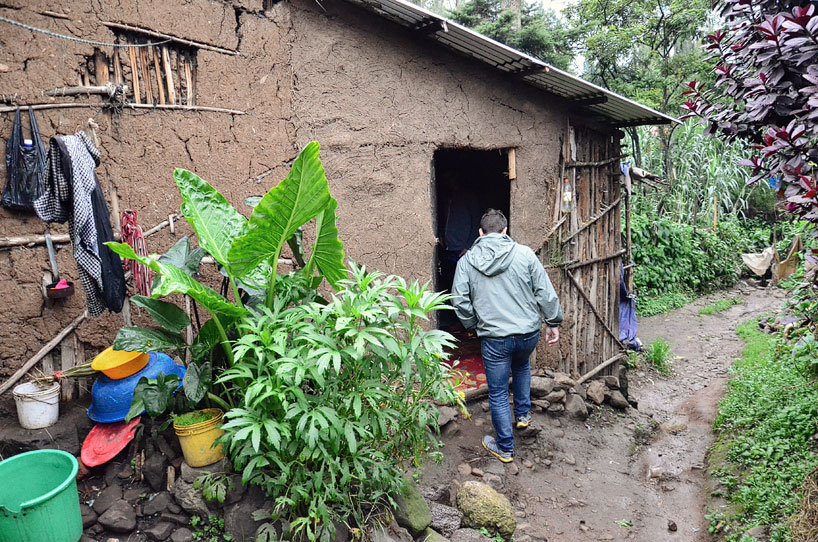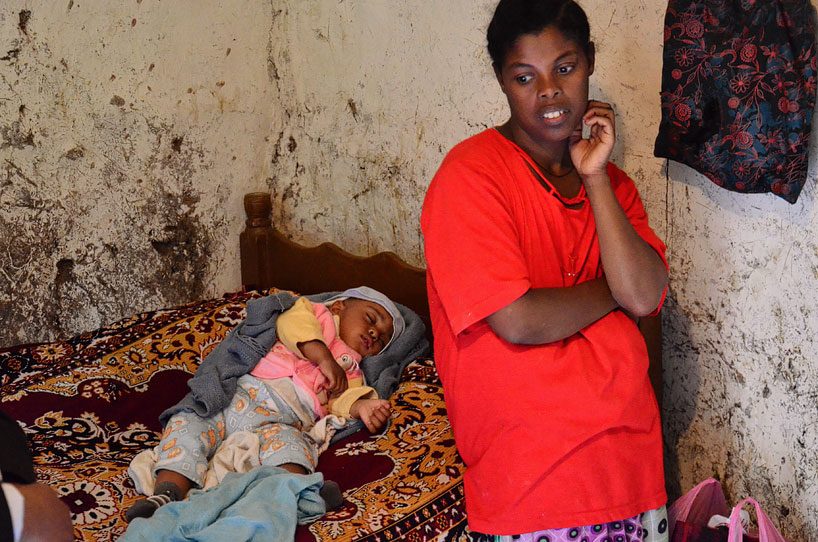She stands beside the family’s one bed, under a dangling light bulb. A well-fed one year-old sleeps beside her so she speaks in a near whisper.
“What is your typical day like?” Micah asks.
As the translator churns English into Amharic, the young mother in a red t-shirt hides her mouth behind fidgeting fingers and stares through the ground.
There’s confusion about the meaning of “typical”. “Normal”, Micah says.
Immediately tears form in the mother’s eyes, then slide down her brown cheeks. She speaks.
Then the translator looks at me. The mother’s pain is in his mouth now, in his eyes, and soon fills the room – fills all of us.
“I am suffering. My husband beats me daily. He is drunk.”

I’ve known deep sadness, fear, anger. You have too.
But for me none of these are normal. Pain every day for a string of days so long that a better day can’t be remembered anymore.
When our worst day becomes our typical day how can hope survive? When the beatings keep coming, the rent climbs beyond what can be afforded, the husband refuses counseling, the second baby is born…what do we hold onto?
I remember the words of an elder from the woman’s church: “When we invest in this generation we get something better in the next generations.”
I’m in Ethiopia for the next several days to hear stories. Then I’ll come home and retell them on stages across North America for many years. Thousands will sponsor a child, invest in this generation, and there will be something better for the next one.
The baby boy’s chest rises and falls. His belly is full, his chubby body is wrapped and warm. He dreams while mom weeps and we pray: For something better than today’s typical.
 Shaun Groves
Shaun Groves

Kelli says:
Oh friend. This story. Sometimes it feels like hope is too slow. I am stopping now to pray for this young mom, that a miracle will occur to allow her a new normal, not dictated by pain.